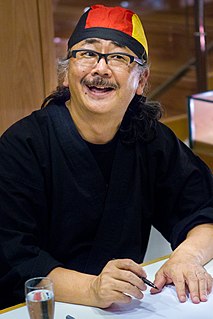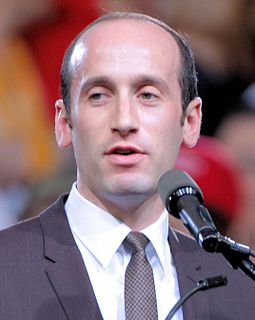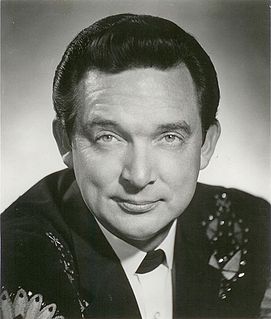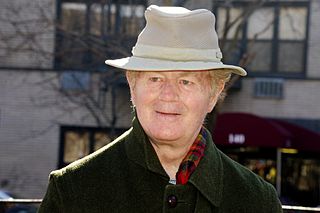A Quote by Gerhard Schroder
My impression is that American policy speaks not of antagonism but rather partnership.
Quote Topics
Related Quotes
A report released by the Partnership for a New American Economy and the Partnership for New York City predicts that by 2018, there will be 800,000 science, technology, engineering, and mathematics (STEM) jobs in the United States that require a master's degree or higher - and only around 550,000 American-graduates with this training.
Society is indeed a contract. It is a partnership in all science; a partnership in all art; a partnership in every virtue, and in all perfection. As the ends of such a partnership cannot be obtained in many generations, it becomes a partnership not only between those who are living, but between those who are living, those who are dead, and those who are to be born.
Friends have asked how I came to engender this American antagonism. My prodigious sin was, and still is, being a non-conformist. Although I am not a Communist I refused to fall in line by hating them. Secondly, I was opposed to the Committee on Un-American Activities - a dishonest phrase to begin with, elastic enough to wrap around the throat and strangle the voice of any American citizen whose honest opinion is a minority of one.
I would like to say is that to be truly American and represent American ideals you need to consider yourself a citizen of the world. American policy has gone contrary to that ideal. The Bush Administration is bent on making the world submit to "Americanism" instead of becoming a member of the world community. This orchestration comes from the very top of the Administration and has pushed America into a corner. So, rather than trying to humbly mix with the rest of the world, we are forcing ourselves upon it. We seem to create conflicts with everyone.
It is a key fact about American policy in Vietnam that the withdrawel of American troops was built into it from the start. None of the presidents who waged war in Vietnam contemplated an open-ended campaign; all promised the public that American troops would be able to leave in the not-too-remote future. The promise of withdrawel precluded a policy of occupation of the traditional colonial sort, in which a great power simply imposes its will on a small one indefinitely.









































